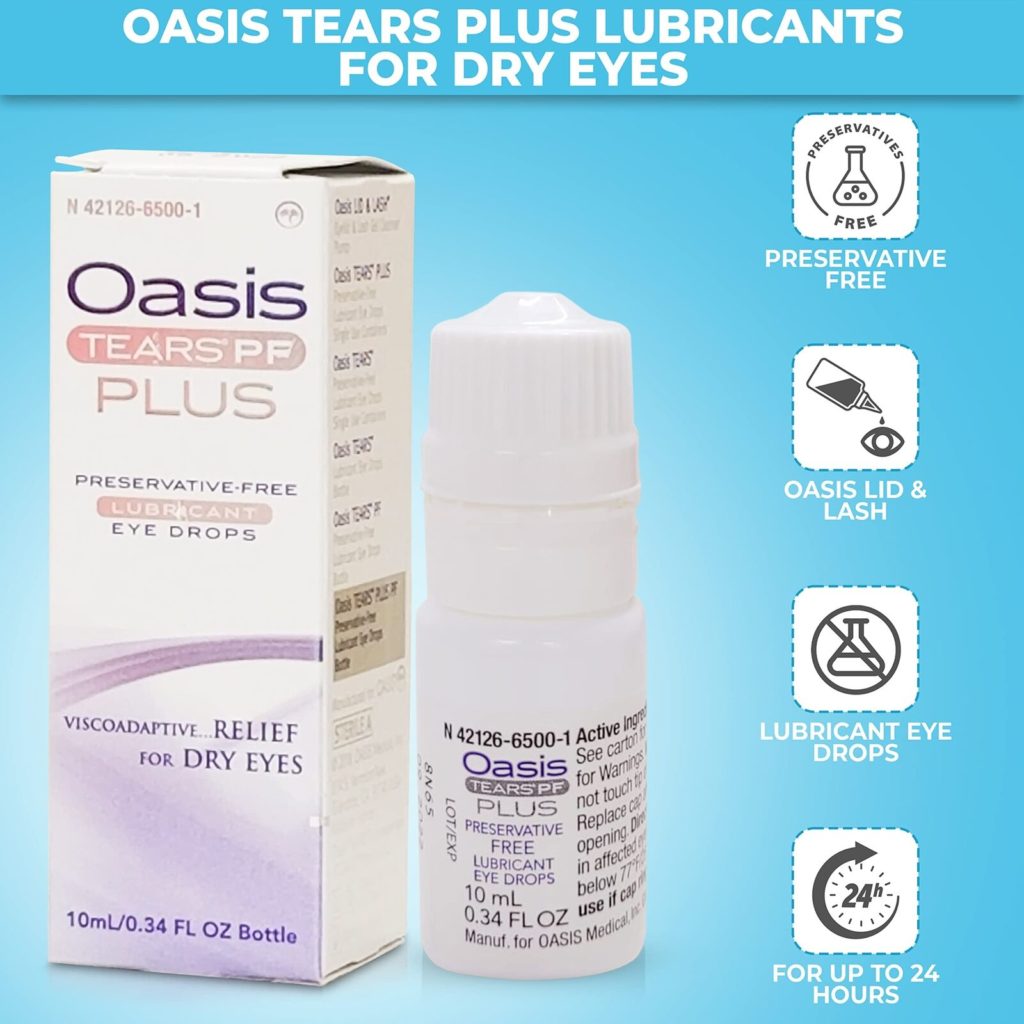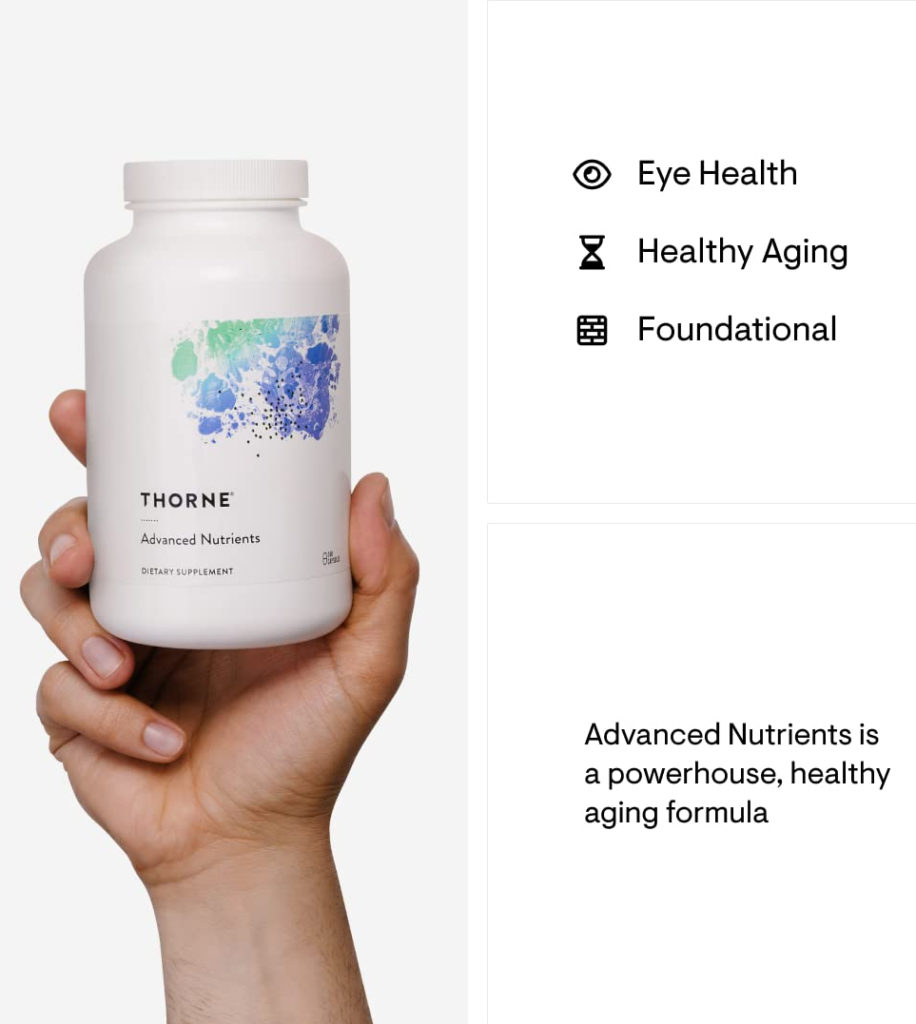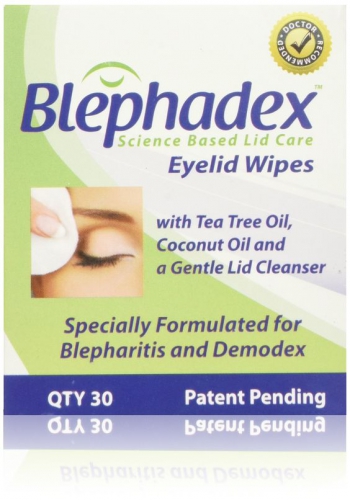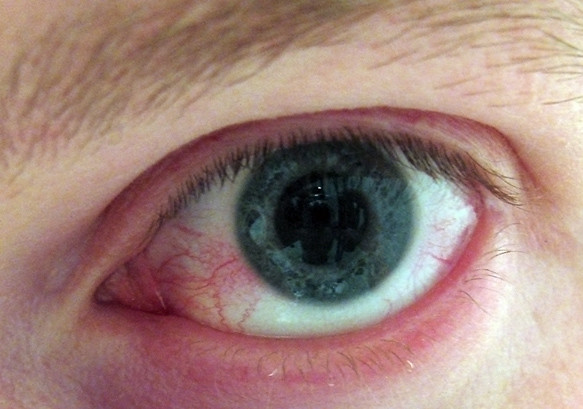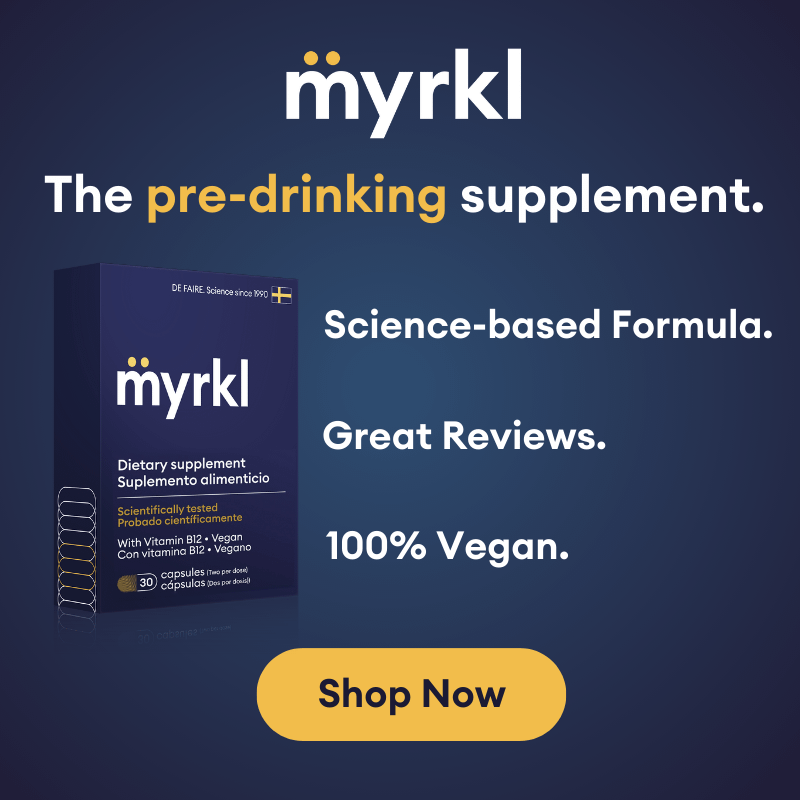Can you Wear Contact Lenses with Dry Eyes? An Optometrist Explains
The short answer? YES.
The longer answer is much more interesting:
The longer answer is much more interesting:
Dry eye is a common condition that can cause discomfort and irritation, making it challenging to wear contact lenses. In this article, we will explore what dry eye is, its causes, treatment options, and the types of contact lenses available for those with dry eyes. We will also discuss how an optometrist can help manage dry eye symptoms to improve the chances of successful contact lens wear.
What is Dry Eye?
Dry eye syndrome occurs when the eyes are unable to produce an adequate amount of tears or when the tears evaporate too quickly. Tears play a crucial role in maintaining the health of the eyes, providing lubrication, reducing the risk of infection, and ensuring clear vision. When the delicate balance of tears is disrupted, it can lead to discomfort, irritation, and, in severe cases, damage to the cornea.
Causes of Dry Eye
Various factors contribute to the development of dry eyes. Environmental conditions such as dry and windy weather, air conditioning, and excessive screen time can exacerbate symptoms. Aging, hormonal changes, and certain medical conditions, including autoimmune conditions such as rheumatoid arthritis, may also play a role. Additionally, medications like antihistamines, anti anxiety, anti depressant, birth control pills and decongestants can contribute to dry eye symptoms:
-
Age: Dry eye is more common in people over 50 years old.
-
Gender: Women are more likely to develop dry eye due to hormonal changes.
-
Medications: Certain medications, such as antihistamines and antidepressants, can cause dry eye.
-
Environmental factors: Dry air, wind, and smoke can exacerbate dry eye symptoms.
-
Medical conditions: Some medical conditions, such as diabetes and thyroid disorders, can cause dry eye.
Treatment Options for Dry Eye
There are several ways to treat dry eye, including:
-
Artificial tears: They can help to lubricate the eyes and provide temporary relief from dry eye symptoms. Preservative Free Eye drops like Oasis Tears can be used with and without contact lenses.
-
Prescription eye drops: Medication drops like Xiidra, Restasis, Cequa can help to reduce inflammation and increase tear production
-
Punctal plugs: These are tiny devices that are inserted into the tear ducts to help retain moisture in the eyes.
- Diet: Study after Study has shown that certain diet changes can dramatically reduce dry eye symptoms, including a proper dosage and form of Fish Oil supplements, specifically EPA. PRN and Oasis Tears serve as premium products in this category of ocular supplementation.
-
Lifestyle changes: Reducing screen time, taking breaks from digital devices, and using a humidifier can help to alleviate dry eye symptoms.
Patients always ask: “What are the best Dry Eye Contacts?”
Types of Contact Lenses for Dry Eye
There are several types of contact lenses that are suitable for people with dry eyes, including:
-
Daily disposable lenses: These lenses are made from a material that is designed to retain moisture, making them a good option for people with dry eyes.
-
Silicone hydrogel lenses: These lenses are made from a material that allows more oxygen to reach the eye, which can help to reduce dry eye symptoms.
-
Scleral lenses: These lenses are larger than traditional contact lenses and rest on the sclera (the white part of the eye), which can help to protect the cornea from drying out.
In conclusion, YES, you can wear contact lenses with dry eyes. While dry eye can make it challenging to wear contact lenses, there are several treatment options and types of contact lenses available that can help to alleviate dry eye symptoms and improve the chances of successful contact lens wear. If you are experiencing dry eye symptoms, it is important to consult with an optometrist who can help to manage your symptoms and find the best contact lens solution for you.

